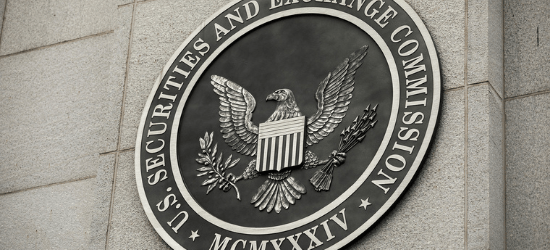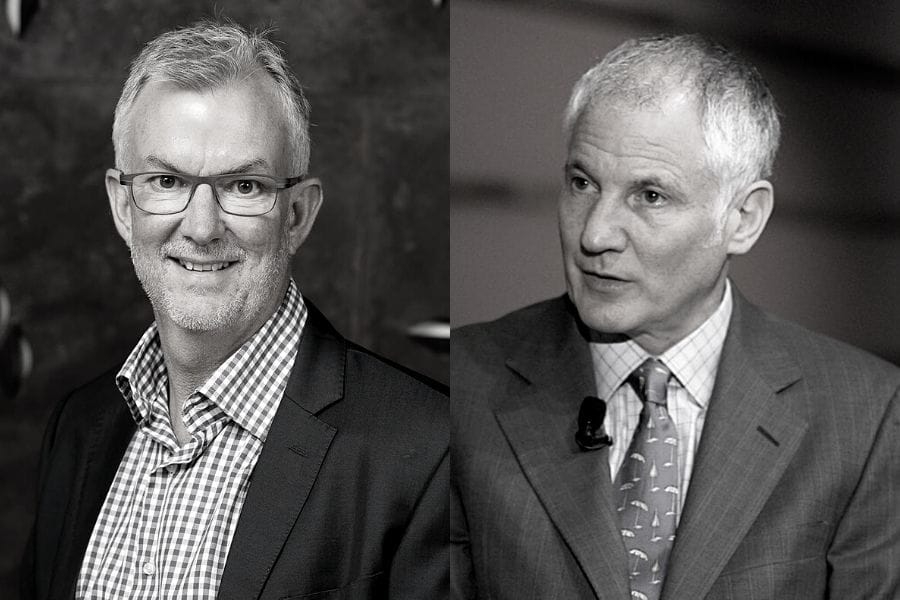SEC chair Gary Gensler is in favour of the regulator stepping in to bring greater clarity and consistency to corporate climate disclosure. Speaking at a PRI webinar he said the current level of disclosure doesn’t allow investors to compare corporate climate preparedness, and that much of the data is inconsistent.
Above all investors want consistent climate disclosure, said SEC chair Gary Gensler speaking during a recent PRI webinar.
Moreover, feedback so far on the SEC’s call for input reveals an overwhelming demand for mandatory climate disclosure – with 75 per cent of submissions in favour. (See Investors urge SEC to mandate climate reporting.)
This is a demand that chimes with PRI members said chief executive Fiona Reynolds. She says the vast majority of the membership also want the SEC to move forward with mandatory disclosure to help alleviate key challenges around comparing ESG data, the lack of publicly available information and corporate unwillingness to provide climate information.
“The SEC has a difficult job on its hands but it is necessary and critical,” she said.
Gensler said the current level of disclosure doesn’t allow investors to compare corporate climate preparedness, and that much of the data is inconsistent. Add to this boilerplate and generic language bereft of real detail and many investors remain in the dark. The SEC should “step in” and bring greater clarity while mandatory disclosure would bring broad consistency, he said.
Key data
Investors want more detail than just information on Scope 1 and Scope 2 greenhouse gas emissions. They want to see emissions in a company’s supply chain, he said. Only then will they be able to see a company’s vulnerability to physical climate risk and transition risk, as well as the extent to which companies are standing behind their climate commitments.
Gensler added that SEC staff are learning from external standards setters and the organisation is also working with other regulators around the world. The SEC should be in a position to “move forward” later in the year on new rules around climate disclosure, he said.
Greenwashing
He also warned that the regulator intends to clamp down on greenwashing. Clarity on the “wide range of terms” used by asset managers and verification of an underlying asset’s climate claims needs to come centre stage. If an asset is marketed as green, asset managers have obligations to investors, he said.
“Investors should be able to drill down and see what is under the hood.”
Elsewhere the conversation turned to how disclosure also benefits companies.
“Climate disclosure can prompt strategic thinking within corporates,” said the PRI’s Sagarika Chatterjee. It also builds trust in financial markets and could help safeguard companies against the growing trend in climate litigation.
“Companies benefit when the capital markets are more efficient,” said Gensler. “Investment carries risk, but disclosure takes the guess work out of it.”
Of course, new rules will only apply to public companies. However, Gensler said that the SEC’s remit does extend to helping counter systemic risk – where climate risk increasingly sits.
“The SEC does have a role to play in regard to systemic risk,” said Gensler, listing responsibilities like helping ensure fair, orderly and efficient markets and ensuring financial risk doesn’t spill out into our everyday lives.
Evolution of corporate disclosures
The first Olympics of 1896 feels very different to the current games underway in Tokyo with obvious evolutions like the presence of women athletes and a much longer list of sporting endeavour. Gensler used the analogy of the Olympics gradual transformation and ability to change over the years to describe how corporate disclosure has also evolved to reflect the modern day.
Novel at the time, it is now hard to imagine investors ever making decisions without knowing the details of a company’s financial performance. In the 1990s a lively debate on whether to include stock compensation in corporate financial statements pushed the boundaries around disclosure. Elsewhere, it has become normal for investors to have sight of executive pay.
Now the disclosure debate has shifted gear once again as investors increasingly clamour for more information on how companies are integrating climate risk. It is why the SEC is seeking input on how it might update the way it regulates climate-related disclosures, with plans to publish findings later in the year.
“Investors are raising their hand and asking regulators for more,” said Gensler who described corporate obligations to disclose and investors’ ability to decide what risks they want to take as crucial to the smooth working of financial markets.



